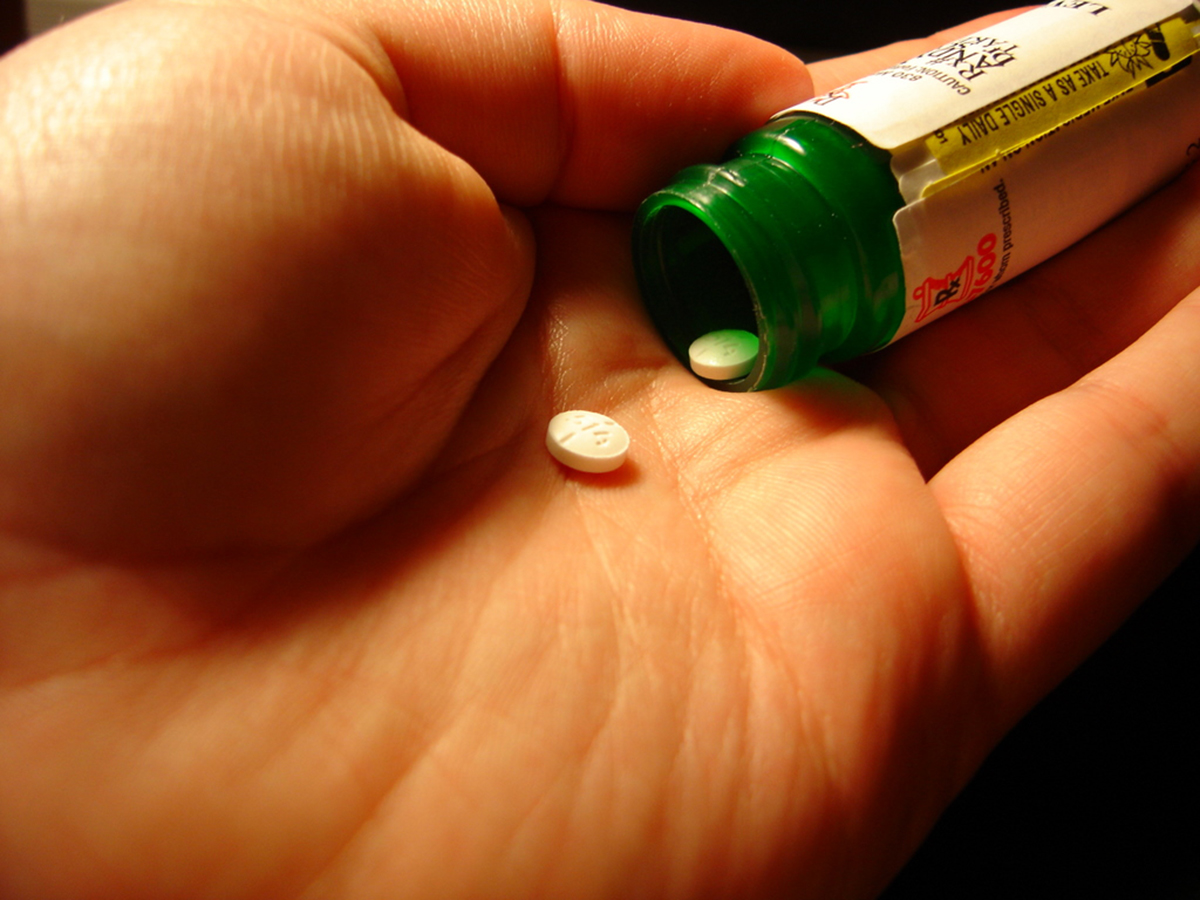Table of Contents
Government officials say that since President Obama issued an executive order in 2011 directing the FDA to stop drug shortages, cooperation between the FDA and drug companies has reduced the number of drugs in shortage by about half. This does not mean, unfortunately, that the chronic problem of drug shortages in emergency rooms has been solved.
The problems with keeping drugs in adequate supply are largely due to quality issues (sometimes companies have to recall defective products) and economic issues, not unexpected numbers of ER patients. Many of the products that run out in ERs are low-cost injectable medications for which insurance companies pay less than the cost of production. The drug manufacturers are forced to take a loss on these drugs, or stop producing them altogether. The result is that hospitals keep costs down and satisfy government regulations, but drug companies do not get in a hurry to make products on which they lose money. Ultimately, drug company officials say, the making of pharmaceuticals is a business. When businesses cannot earn a profit, they change their activities.

Where does all this leave patients? There's not a lot individual patients can do to tackle the larger problem of drug shortages, but there are things that individual patients can do to increase the probability they will get the treatments they need.
- When you have to go to an ER with snake bite or infection, try to go to a facility associated with a hospital system rather than with a stand-alone hospital. Emergency rooms associated with multiple hospitals often can borrow the medications they need from other emergency rooms associated with the same system.
- Keep up your insurance. In the emergency room, if you need a specific medication, and they have it, they are supposed to give it to you. However, in the United States, there are subtle and not-so-subtle ways of interpreting your lab results and choosing a diagnosis that justifies not giving you a drug that costs a lot of money when the hospital will not get reimbursed for it.
- If you have a chronic infection, be sure to take absolutely all of the antibiotics you are prescribed when you are discharged from the hospital. This can help reduce recurrence of infections that put you right back into the hospital.
READ The Dangers Of Over The Counter Pain Relievers
- Chemotherapy drugs, in addition to being mindbogglingly expensive, also are often in short supply. Make sure that you have discussed dosage with your oncologist. Sometimes lower doses of drugs actually work better than higher doses, and not just because they have fewer side effects. Don't take a self-selected "vacation" from treatment. Work on scheduling your treatments with your doctor for maximum effectiveness with minimal medication.
- When you are outside the hospital, if your treatment is just too complicated for you to management, if you have too many medications in too many different doses for you to keep up with them, let your doctor know. Simplifying your treatment can help keep you out of the ER, which is good for you and for the emergency medical system.
- Hawley KL, Mazer-Amirshahi M, Zocchi MS, Fox ER, Pines JM. Longitudinal Trends in U.S. Drug Shortages for Medications Used in Emergency Departments (2001-2014). Acad Emerg Med. 2016 Jan. 23(1):63-9. doi: 10.1111/acem.12838. Epub 2015 Dec 30. PMID: 26715487.
- Photo courtesy of militaryhealth: www.flickr.com/photos/militaryhealth/21802497841/
- Photo courtesy of militaryhealth: www.flickr.com/photos/militaryhealth/21802497841/
- Photo courtesy of https://www.flickr.com/photos/trekkyandy/309494981/


Your thoughts on this